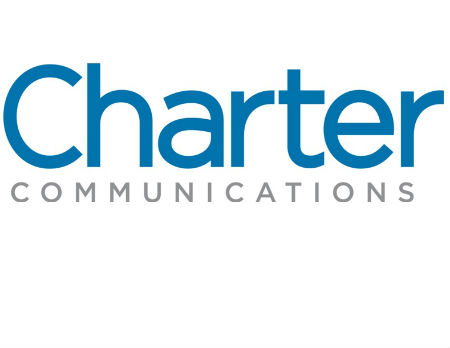Charter Testing 5G in Six Markets
The smarter way to stay on top of the multichannel video marketplace. Sign up below.
You are now subscribed
Your newsletter sign-up was successful

Charter Communications added some details to its plans involving wireless broadband, noting this week in a policy-oriented blog post that it’s testing 5G-based technology in at least six markets: Orlando, Fla.; Reno, Nev.; Clarksville, Tenn.; Columbus, Ohio; Bakersfield, Calif.; and Grand Rapids, Mich.
RELATED: Charter Eyes 5G, Wireless Offerings
Charter, which has announced that it’s working with Samsung Electronics on 5G lab and field trials, held that it will “rely increasingly” on next-gen wireless technologies to help the operator improve and expand the reach of its wired broadband network.
Charter’s post also centered on how 5G, when applied in lower-frequency bands, can help deliver wireline-like internet speeds in rural areas.
Charter also noted that some current 5G technologies, usually delivered in millimeter wave bands, have trouble covering the long distances required in many rural areas, and have trouble dealing with areas with lots of trees and foliage. Likewise, the MSO pointed out that small cell networks might not make sense in rural areas with relatively low population densities.
“However, Charter believes fixed wireless access technologies at lower frequencies could be suitable for rural broadband, providing wireline-like broadband connectivity and speeds, and is conducting trials in the 3.5-GHz band,” Charter explained. “Accordingly, with the FCC in the midst of proceedings to examine the steps it can take to facilitate the deployment of broadband, and Congress and the Administration working on ways to enhance America’s broadband infrastructure, it is important that the policies and regulations adopted don’t favor one technology over another.”
Some engineers, including Charles Cheevers, chief technology officer, consumer premises equipment at Arris, have held that 5G will likely need to support a “dual-PHY” network architecture that taps mmWave with a fallback to sub-6GHz spectrum that doesn’t need direct line of sight.
RELATED: Fiber in the Sky [subscription required]
The smarter way to stay on top of the multichannel video marketplace. Sign up below.
Charter's stance comes about a week after FCC chair Ajit Pai’s comment on a draft report on broadband deployment that concludes that “mobile broadband service is not a full substitute for fixed service.”
RELATED: Pai: FCC Does Not Conclude Mobile is Full Fixed Substitute
The draft report likewise also maintains the same benchmark speed for fixed broadband service – 25 Mbps downstream and 3 Mbps upstream.
Charter stressed that “regulatory parity” is important to maintain and boost competition in the broadband services market.
“Whether it’s testing 5G technologies, investing in broadband infrastructure or expanding the reach of our wired network, we are committed to doing more to deliver better and faster broadband to more communities – large and small, urban and suburban,” Charter added. “Smart, technology neutral policies, coupled with appropriate streamlining measures, will advance these efforts and we look forward to working with policymakers to get it right.”
